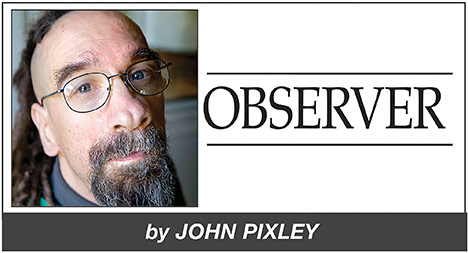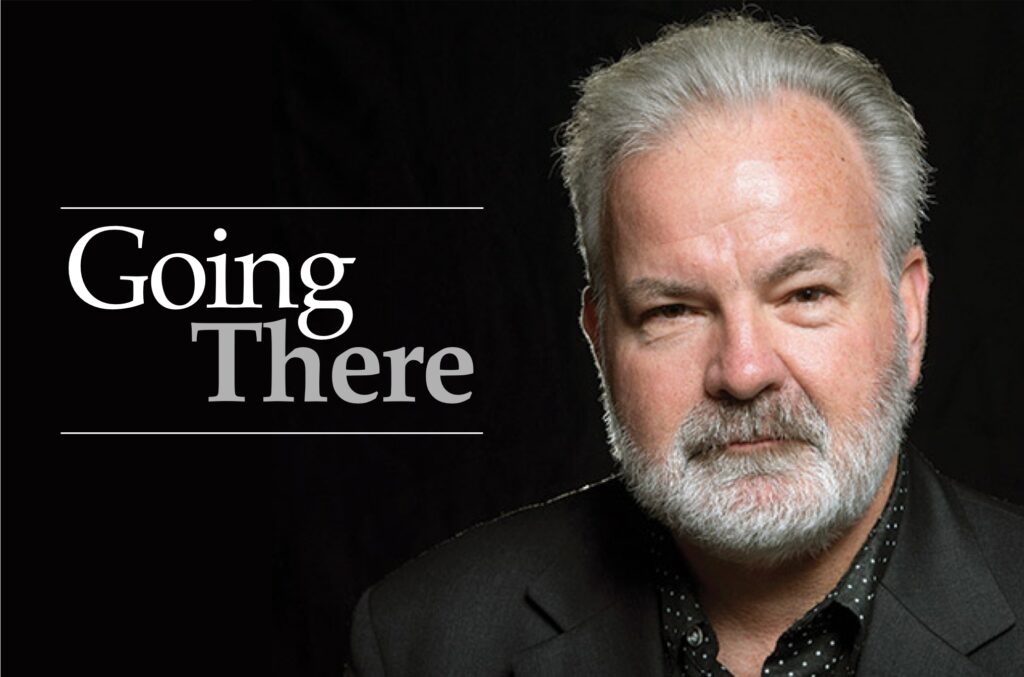Readers comments 9-29-17
A nation of laws?
Dear Editor:
The United States is a country of law and order; or at least we used to be. Federal law supersedes state law, state supersedes county law and county law supersedes local law. That is the way it’s supposed to work. It seems now that states have been openly defying national law and California is one of the worst violators of all. Legalizing marijuana, providing sanctuary status for illegal aliens, fighting the federal government’s attempt to secure our nation’s borders and trying to limit the First and Second Amendment rights of its citizenry for starters.
Some cities across the nation have recently passed laws allowing illegal aliens the right to vote in local elections. Most, if not all, of the federal law violations are an effort by the Democratic party to pander to and enlarge its liberal voting base to ascertain more power in government at all levels.
Rather than convincing the bonafide citizens of this country that their liberal agenda and ideology is good for them and the country by winning elections and changing federal laws to their liking, the Democratic party has decided it is easier to enlarge their base through nefarious means.
What happens when some state decides that their citizens do not have to pay federal income tax? What happens if a state decides it is going to allow all persons, including illegal aliens, to vote in a national election? What happens if a state decides to discriminate against an ethnicity, religion or a political party? What happens if a state decides to remove a citizen’s right to privacy, to own property, to travel freely throughout the country or world? Can an FBI or ATF agent now legally use marijuana in California? Where does the lawlessness end?
Our country is doomed if we don’t enforce the laws in the hierarchy as dictated by our Constitution.
Kris Meyer
Claremont
Metrolink Claremont platform
Dear Editor:
I am not entirely sure what our County Supervisor Hilda Solis is trying to do to Claremont, but at the Los Angeles County Metro Planning and Programming Committee meeting held on Wednesday, September 20, she offered a motion, which was carried, to study closing and removing the Claremont Metrolink Station from operation.
At no time during any of the meetings regarding the Phase 2B Extension to the Foothill Gold Line has the total loss of Claremont’s Metrolink platform ever been suggested as a possibility, only that the station would have to be moved to a new location just east of College Avenue.
Many of us depend greatly on Metrolink for access to the region. That will not be provided by a Light Rail line, which follows a different route, doesn’t go all the way to San Bernardino (soon Redlands) and does not offer on-board work tables or restrooms.
Why exactly must we have this popular service eliminated now?
Erik Griswold
Claremont
WaterFix not a wise investment
[Editor’s note; The following letter was addressed to Metropolitan Water District of Southern California Chairman Randy Record, with a copy forwarded for publicaiton. —KD]
Dear Chairman Record and colleagues:
All Californians should be troubled by WaterFix, the Department of Water Resources’ plan to bore two tunnels, each as wide as a four-story building and 35 miles long, under the Sacramento-San Joaquin Delta. They are intended to modernize the State Water Project that delivers water south to agriculture and southern California cities.
The League of Women Voters of California (LWVC) has concluded that this is not a wise investment. The Claremont area chapter supports this conclusion and urges you to fund State Water Project system modernization using regional self-reliance as the standard.
LWVC is persuaded that the preliminary estimate of $15.5 billion should instead fund a range of job-creating regional projects that would benefit small and medium-sized farms and urban communities currently served by the State Water Project. It could fund measures to sustain some level of through-Delta exports in the near- to mid-term.
Regional investments could buffer against growing sea level rise and salt-water intrusion, and could fund deferred maintenance on existing infrastructure. Regional projects to aggressively reuse reclaimed municipal water would significantly increase the security and reliability of our water supply. For example, reclaimed supplies used to conjunctively manage local groundwater resources would improve resilience to drought.
Another troubling aspect of WaterFix is the uncertainty that the project will aid recovery of the Bay-Delta Estuary fisheries and ecosystem that have been severely damaged by decades of water export levels higher than the system could sustain. Sacramento River water pushes saltier water west toward the ocean, protecting export water quality, Delta agriculture, and California’s salmon fisheries. WaterFix environmental documents propose lower levels of water being diverted from the Delta. However, the amount of allowable flows has yet to be determined by the State Water Board. Aside from restoring an adequate water supply, we are concerned that construction of the massive tunnels will further threaten the urban and agricultural economies surrounding the Delta.
Our healthy California economy requires sustainable water delivery systems. That means less, not more, reliance on large-scale water infrastructure that, like Oroville Dam and the State Water Project canals, is vulnerable to design and construction failures, earthquakes, and rising sea levels. When it comes to water, California needs to redefine “visionary” with regional self-reliance in mind.
Tressa Kentner
President League of Women Voters
of the Claremont Area









0 Comments